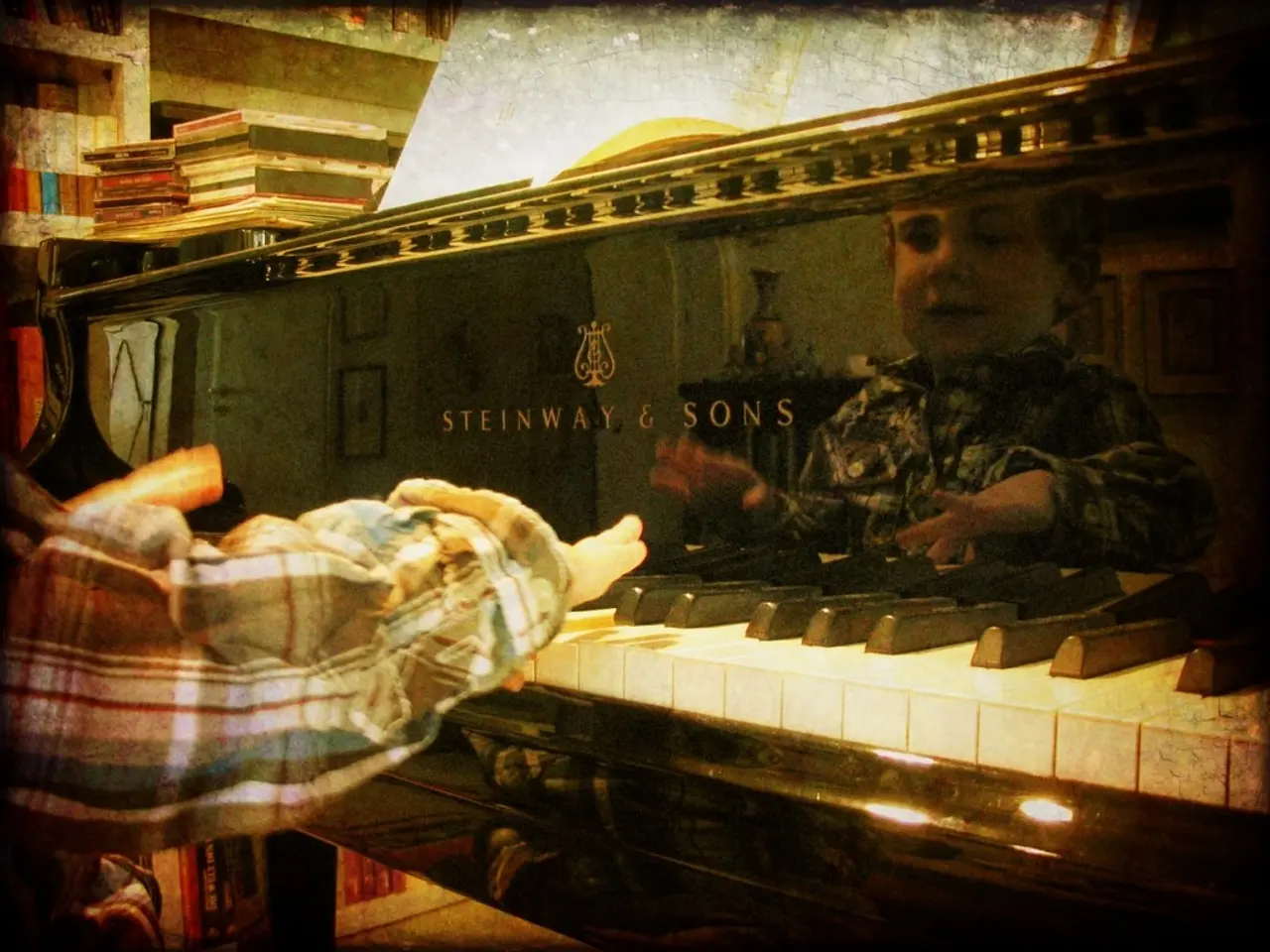Optimal Age for Introducing Piano Lessons to Children
Starting piano lessons can be a wonderful opportunity for children to develop their cognitive abilities, problem-solving skills, and a lifelong love for music. But when is the right time for a child to begin?
Generally, the recommended age range for children to start formal piano lessons is between 5 and 7 years old. This period, often referred to as the "golden window" for piano learning, allows children to make the most of their lessons as they typically have:
- Improved finger strength and dexterity needed for playing
- The ability to concentrate for 20-30 minutes or more during lessons
- Basic reading skills to start understanding musical notation
- Motivation and eagerness to engage with teachers and practice
For children younger than 5, structured lessons might be premature. Instead, early musical exposure focusing on ear training, rhythm, and simple keyboard exploration is beneficial, often offered in toddler or pre-piano programs. Ages 3-4 are more suitable for informal music activities, not formal lessons.
Starting before age 5 risks overwhelming the child, possibly leading to frustration and loss of interest. Conversely, starting later than 7 is still effective, but at age 5-7 children have a good balance of readiness factors: motor skills, attention span, cognitive development, and often interest.
The physical development of the child, including hand size, is an important factor in determining when a child can start piano lessons effectively. Children with small hands may find it difficult to play more advanced pieces due to limited physical access to the keys.
When choosing a child's first musical instrument, it is better to opt for the piano if the child is around six or seven years old, as this is when most children meet the requirements in motor coordination, attention, and intellectual capability to make the most of their musical lessons.
Parental involvement, consistent practice routines (starting with short practice times of 10-20 minutes), and selecting teachers experienced with young children are also critical to successful learning. Private lessons offer individualized attention, allowing the teacher to focus on the child's specific needs and progress at their own pace.
Finding the right instructor is key to ensuring that the child has a positive experience and develops a love of music that will last a lifetime. Piano instructors who specialize in teaching young children often use creative and interactive methods to keep lessons fun and engaging. Group lessons can be a great way for younger children to learn in a social environment, where they can interact with peers and develop a sense of camaraderie.
In summary, ages 3-4 are more suitable for informal music activities, not formal lessons. Ages 5-7 are the ideal range for beginning formal piano lessons. Age 6 is often cited as the youngest effective starting age, aligning with increased attention span and ability to retain lesson material. Older than 7 is still a great time to start, often with more structure and quicker progress once started. The biggest thing is to keep the child interested in the process and that he/she is under the able tutorship of a proficient Piano teacher.
- Starting formal piano lessons at the age of 5 to 7 is generally recommended due to the child's improved finger strength, extended attention span, growing cognitive abilities, and increased motivation.
- For children below the age of 5, early musical education focusing on ear training, rhythm, and simple keyboard exploration is beneficial, typically offered in toddler or pre-piano programs.
- A child's love for music, motor skills development, and intellectual capability are all crucial factors when deciding the right age to begin formal piano lessons, with age 6 often cited as the youngest effective starting age.
- Parental support, including involvement in the child's learning journey, establishing consistent practice routines, and finding a proficient piano teacher specialized in teaching young children, are vital for a successful learning process.
- Engaging in informal music activities before formal lessons at the age range of 3 to 4 can be beneficial for children, helping prepare them for the structure and discipline required for formal piano lessons when they reach the appropriate age.




